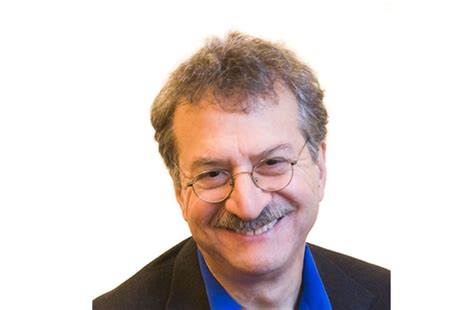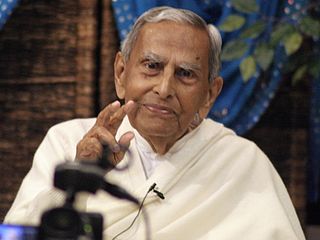A Quote by Joan Z. Borysenko
Forgiveness is not the misguided act of condoning irresponsible, hurtful behavior. Nor is it a superficial turning of the other cheek that leaves us feeling victimized and martyred. Rather, it is the finishing of old business that allows us to experience the present, free of contamination from the past.
Related Quotes
Forgiving someone does not mean you condone their behavior. The act of forgiveness takes place in your own mind. It really has nothing to do with the other person. The reality of true forgiveness lies in setting ourselves free from holding on to the pain. It is simply an act of releasing yourself from the negative energy.
That 'change makes us uncomfortable' is now one of the most widely promoted, widely accepted, and under-considered half-truths around. [I]t is not change by itself that makes us uncomfortable; it is not even change that involves taking on something very difficult. Rather, it is change that leaves us feeling defenseless before the dangers we 'know' to be present that causes us anxiety.
We learn in the past, but we are not the result of that. We suffered in the past, loved in the past, cried and laughed in the past, but that's of no use to the present. The present has its challenges, its good and bad side. We can neither blame nor be grateful to the past for what is happening now. Each new experience of love has nothing whatsoever to do with past experiences. It's always new.
Many of us understand giving, but some of us may still be confused about the meaning of forgiveness. Some people may go through life in a groveling mode, mistakenly believing they have to receive forgiveness from others. Forgiveness offers more than a reprieve granted to us by another person. True forgiveness is a process of giving up the false for the true and allows us to rid our thinking of rigid ideas. We can develop the flexibility to change our mind and our behavior patterns to higher and greater expressions and find new avenues to freedom.
We are living in a culture entirely hypnotized by the illusion of time, in which the so-called present moment is felt as nothing but an infinitesimal hairline between a causative past and an absorbingly important future. We have no present. Our consciousness is almost completely preoccupied with memory and expectation. We do not realize that there never was, is, nor will be any other experience than present experience. We are therefore out of touch with reality.
The law of karma is neither fatalistic nor punitive; nor is man a hapless, helpless victim in its bonds. God has blessed each one of us with reason, intellect and discrimination, as well as the sovereign free will. Even when our past karma inclines us toward evil, we can consciously tune our inclination towards detachment and ego-free action, thus lightening the karmic load.


































